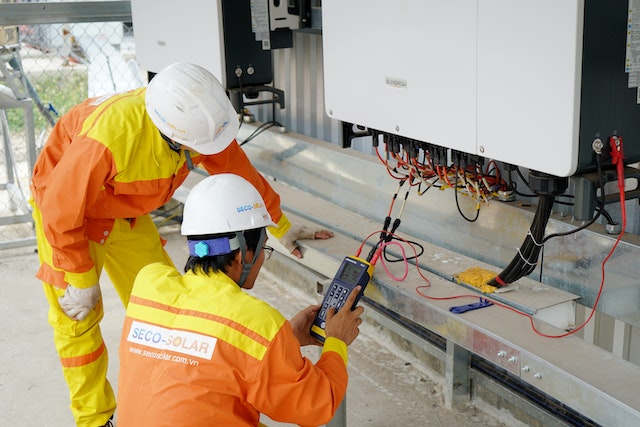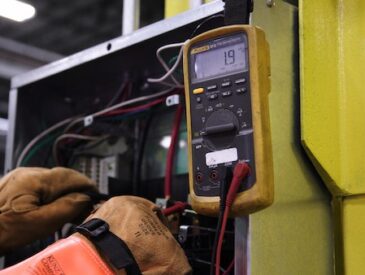Professionals earn their living by performing a specific job or activity. They typically undergo significant education and training to build their skills. They also abide by a code of conduct and are expected to maintain integrity.
Installing a home generator requires much more than just buying and plugging it in. Hiring the right team is critical for a smooth installation.
Contents
Cost
When you hire an electrician for generator installs Philadelphia, PA, you’ll pay for their service on top of the cost of the generator itself. If you’re purchasing a standby generator, that will require an electrician to install a transfer switch (which will automatically sense the power outage and send power to your home through existing electrical wiring) and add an electrical subpanel to accommodate it.
Depending on your home’s size and the generator you’re purchasing, you could spend up to $1,200 on labor costs alone.
When choosing a contractor for your generator installation, ask them to give you a list of clients they’ve worked with and the feedback they had. Also, look for a company that offers maintenance plans, as they can perform annual inspections and repairs on your generator. They’ll also be able to catch any issues with your system before they become larger problems. This will save you time and money in the long run.
Time
When a generator is installed in your home, it can provide power when the grid fails. This keeps your refrigerator, furnace, and other appliances running, protects computer data, and keeps lights on for your family to stay comfortable during a power outage.
It’s best to hire an electrician with experience installing standby home generators. They can save you time and money by avoiding mistakes that could potentially lead to safety issues.
The first step in the process is to choose a location for the generator and get it delivered. The site must be flat and stable, which may involve pouring a concrete slab or using a prefabricated base. The unit is then connected to a natural gas line or propane tank and a transfer switch, which shifts between utility and generator power. Lastly, electrical wiring is installed, and the generator is tested for functionality. A professional can handle all of these tasks quickly and efficiently.
Safety
All generators should be operated outside because they emit deadly carbon monoxide. They also get hot, so authorized personnel should only touch them. Otherwise, they could cause burns.
Most home generators are portable models that run on propane, diesel fuel, or natural gas. Propane is more expensive than other options, but it does not have a limit on how long you can use the generator. Natural gas generators are connected to a natural gas line, saving you money over the long term.
When a professional installs a generator, they will choose a safe location. They will consider factors such as the distance from the house, how much space is needed for maintenance, and how close the site is to a natural gas and electric meter. They will also consult with an industrial rigger to consider weight limits, equipment capacities, and other safety issues. They will then have the proper equipment and knowledge to lift and relocate the generator without putting workers at risk.
Peace of Mind
Most homeowners realize the need for backup generator power after a disaster strikes, and they’re left without utility power for too long. The right professional will help you select a generator that meets your energy needs while ensuring it’s safely installed in an emergency.
Installing a transfer switch, your electrician will ensure the generator is properly connected to your home’s electrical system. This will isolate the circuits you want to be powered by the generator from other appliances in your home to prevent overloading. You’ll also be able to power hardwired appliances rather than using extension cords, which can be dangerous when overworked or tripped over.
The electrician will also evaluate where the generator should be located on your property. They’ll consider the size of your house and how far it is from a gas line or electric meter to determine the best spot for the generator. They’ll even review building codes and noise ordinances to ensure your generator is placed appropriately.





